20+ Years Experience
Specialist Education Providers

Active play refers to any form of physical activity that engages children in movement and involves challenges, such as running, jumping, climbing, or playing sports.
It is crucial for children as it promotes their physical health, develops essential motor skills, enhances cognitive abilities, fosters social interactions, boosts self-confidence, improves emotional well-being, and stimulates overall growth and development.
Encouraging and facilitating active play can contribute significantly to support a child’s holistic development. Outdoor games and exercises present an exciting platform to not only stimulate physical activity but also cognitive development.
In this blog post, we’re taking a deep dive into some innovative outdoor activities and delightful games.
Active play is not just a source of entertainment for children; it also holds immense power in fostering their overall development.
By engaging in physical activities that involve movement and exertion, children can enhance various aspects of their growth and well-being.
It provides them with an opportunity to develop important life skills, self-confidence gain confidence, self-esteem, resilience, and a healthy lifestyle.
Imagine a group of children playing tag in the park. As they run, dodge, and chase each other, they learn to navigate space, anticipate movements, think quickly, and make split-second decisions. These skills are transferable to many other aspects of their lives, such as problem-solving at school or adapting to new social situations.
In today’s digital age, where electronic devices dominate much of our daily lives, it has become increasingly crucial to encourage children to engage in regular physical activity. Physical activity offers numerous benefits for children’s health and well-being.
Regular exercise helps strengthen their muscles and bones, improve cardiovascular health, enhance coordination and motor skills, boost immune function, and maintain a healthy weight.
Trim trail playground equipment is a great way for children to get involved with active play.
Moreover, physical activity has been shown to reduce the risk of chronic conditions such as obesity, diabetes, heart disease, and certain types of cancer later in life.
Think of physical activity as fuel for the body. Just as a car needs fuel to keep running smoothly and efficiently, our bodies require regular exercise to function optimally.
Children who participate in active play also experience positive mental health outcomes. Exercise releases endorphins – those feel-good hormones – which can help reduce stress levels and improve mood. This can have a significant impact on their emotional well-being and provide an outlet for pent-up energy or frustrations.
Overall, physical activity offers a holistic approach to nurturing children’s growth and development. By promoting active play and encouraging outdoor games, we can empower children to embrace a healthy lifestyle and lay the foundation for lifelong habits that support their well-being.
Engaging in active outdoor play is not only fun but also crucial for a child’s development. So, let’s unearth some exciting outdoor games that can keep adults and the little ones entertained while promoting physical activity and learning.
One popular game is tag, which can be played in various forms like freeze tag or flashlight tag. This game not only gets kids moving but also teaches important skills like agility, speed, and strategy.
Another thrilling outdoor game is treasure hunt or scavenger hunt, where children use clues or a map to find hidden treasures or objects. This game not only encourages physical activity but also boosts problem-solving and social skills, and enhances imagination.
Water-based activities like water balloon fights or water relay races are perfect options for hotter days. They provide a refreshing way to stay active while having a blast with friends and family.
Unstructured play provides children with the opportunity to explore, create, and learn at their own pace, without strict rules or boundaries. Here are some ideas for unstructured outdoor joy:
Unstructured outdoor joy provides all ages of children with the freedom to explore and discover their own interests and passions. However, it is important for parents and caregivers to ensure their safety while still allowing them to take risks and learn from their experiences.
Structured exercise fun can be a great way to engage children in active play and encourage physical fitness. It involves creating a planned routine or activity that incorporates various exercises and movements.
By incorporating structure into playtime, kids can learn the importance of discipline and goal-setting while also enjoying the benefits of physical activity.
For example, you can set up a circuit training course, with stations for different exercises such as jumping jacks, squats, lunges, and push-ups. You can even turn it into a friendly competition by timing each child and encouraging them to improve their performance over time.
Introducing structure not only adds variety and excitement to play but also helps the children learn and develop coordination, strength, and endurance. It provides them with a framework to challenge themselves physically while having fun at the same time.
Active play not only benefits children’s physical and mental well-being, but it also plays a significant role in strengthening family bonds. When families engage youngest children in active play together, they create lasting memories and deepen their connections. Just like a team working towards a common goal, engaging in active play as a family fosters a sense of togetherness and unity.
One way active play shapes family bonding is by creating shared experiences. Whether it’s playing a game of tag in the garden, going for a bike ride together, or participating in a friendly competition at the local park, these activities allow families to bond over fun and laughter. These shared experiences create a sense of belonging and build strong emotional connections between family members.
Active play also provides an avenue for quality time spent together as a family. In today’s fast-paced world, finding time to connect with loved ones can be challenging. Engaging in outdoor games and exercise fun allows families to set aside dedicated time to be fully present with one another.
Whether it’s exploring nature trails, having picnics in the park after a game of frisbee, or simply taking walks together, these activities provide valuable opportunities for conversation and bonding.
In addition to creating shared experiences and spending quality time together, active play also helps the child develop trust and communication skills within the family dynamic.
By engaging in physically active together play together, families also have the chance to celebrate achievements and overcome obstacles as a unit. Whether it’s climbing a rock wall or completing a challenging obstacle course, these shared accomplishments create a sense of pride and strengthen family bonds.
In conclusion, active play shapes family bonding by creating shared experiences, providing the resources for quality time together, and fostering trust and communication skills
By participating in outdoor games and exercise fun as a family, not only do children benefit from physical activity, but families also get to enjoy moments of connection, joy, and growth together.




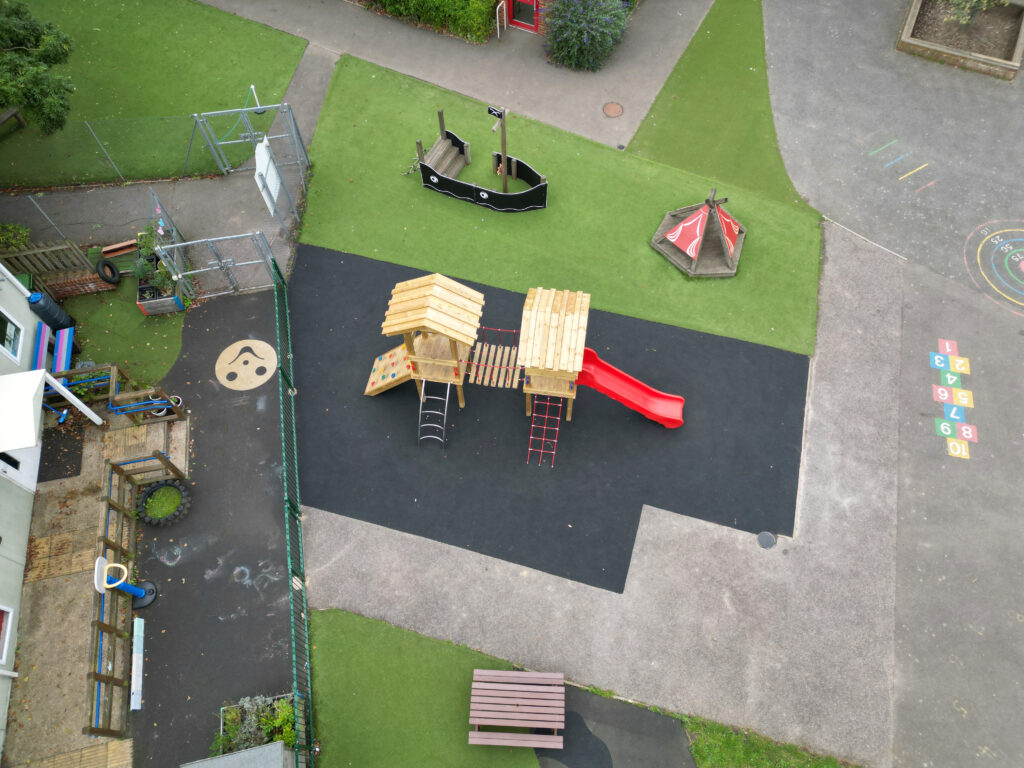

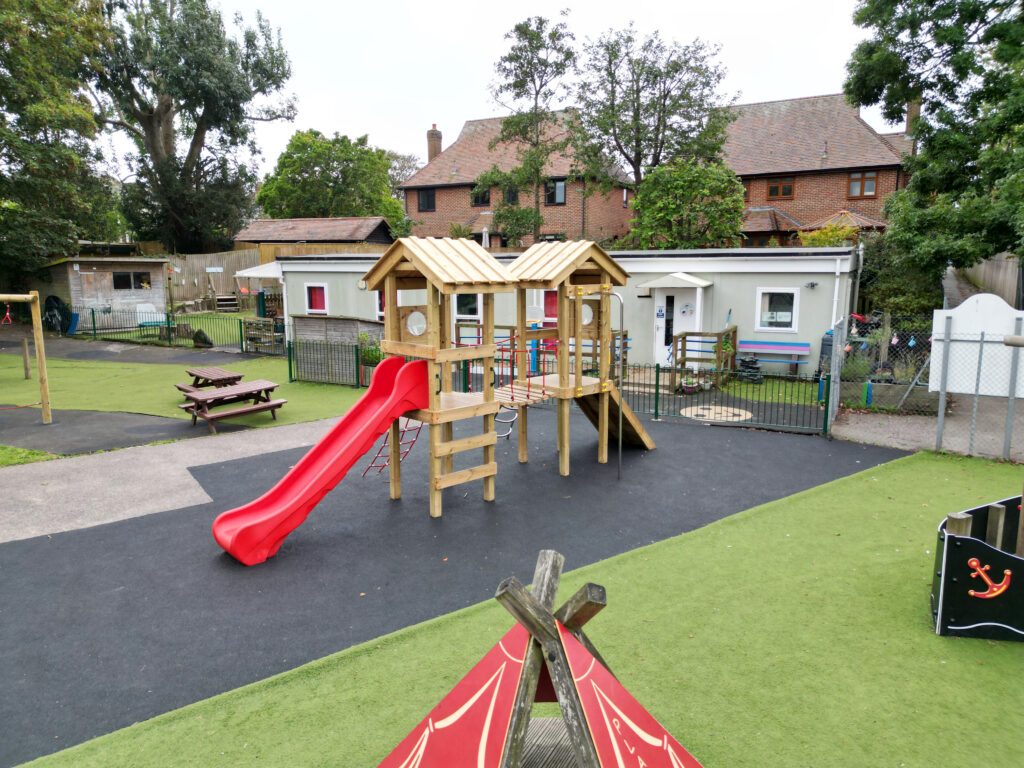
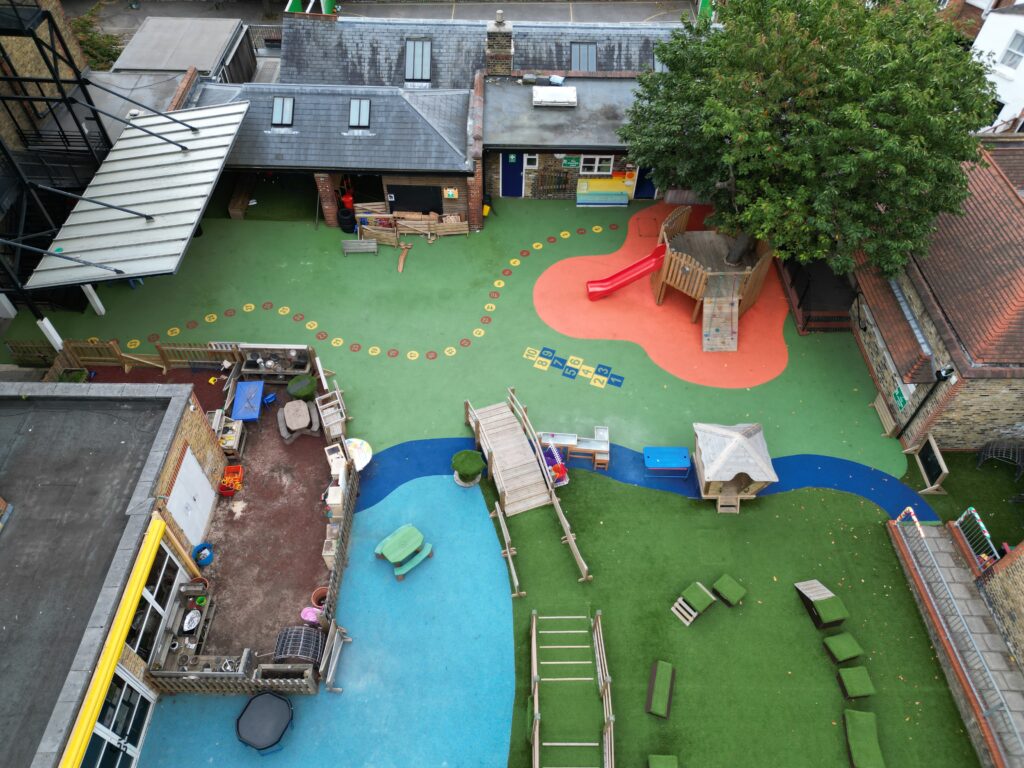






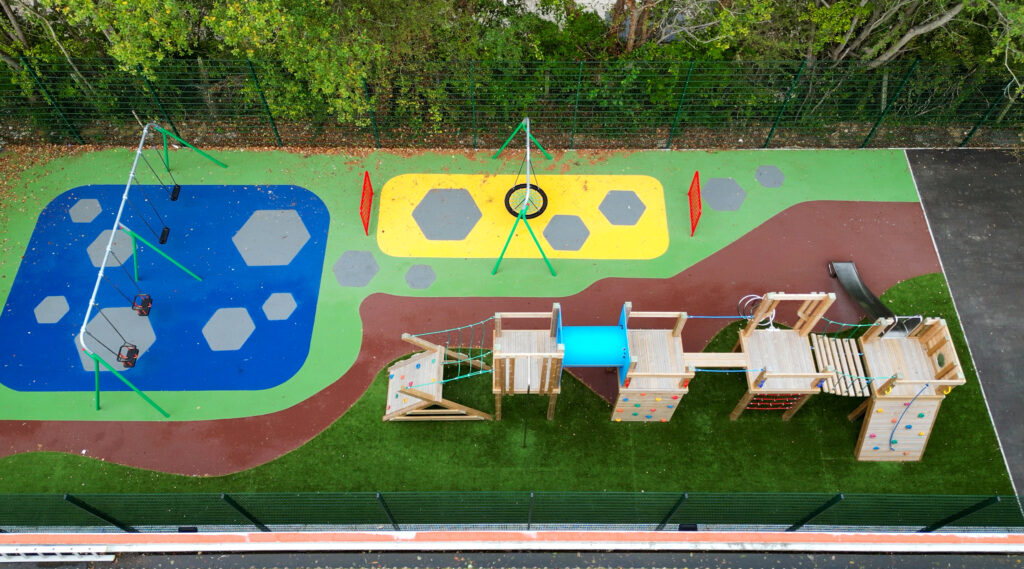










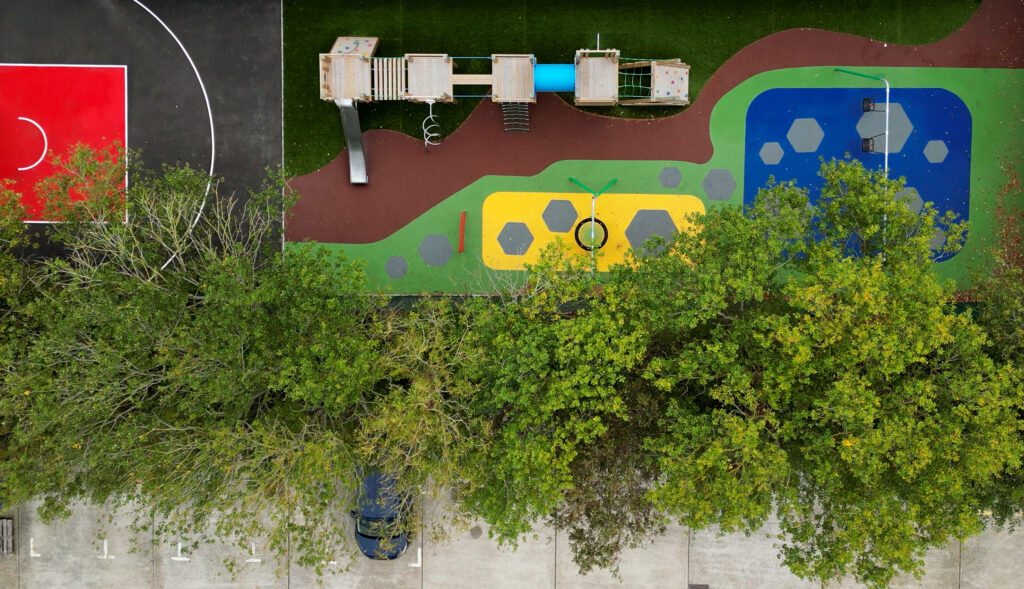









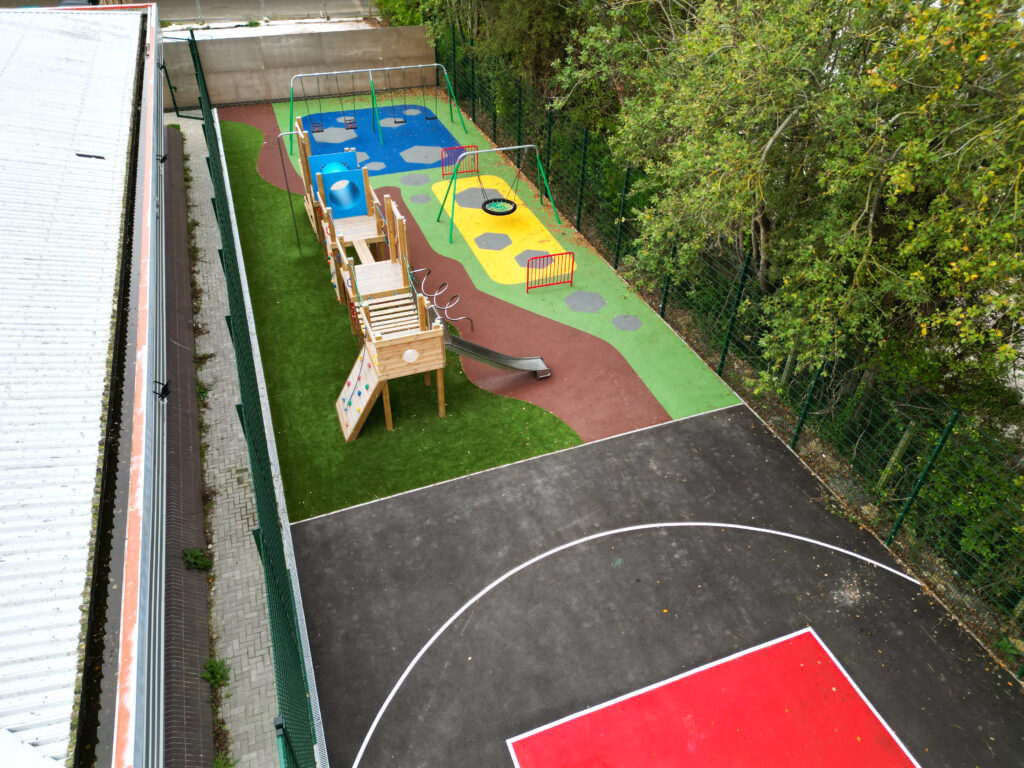



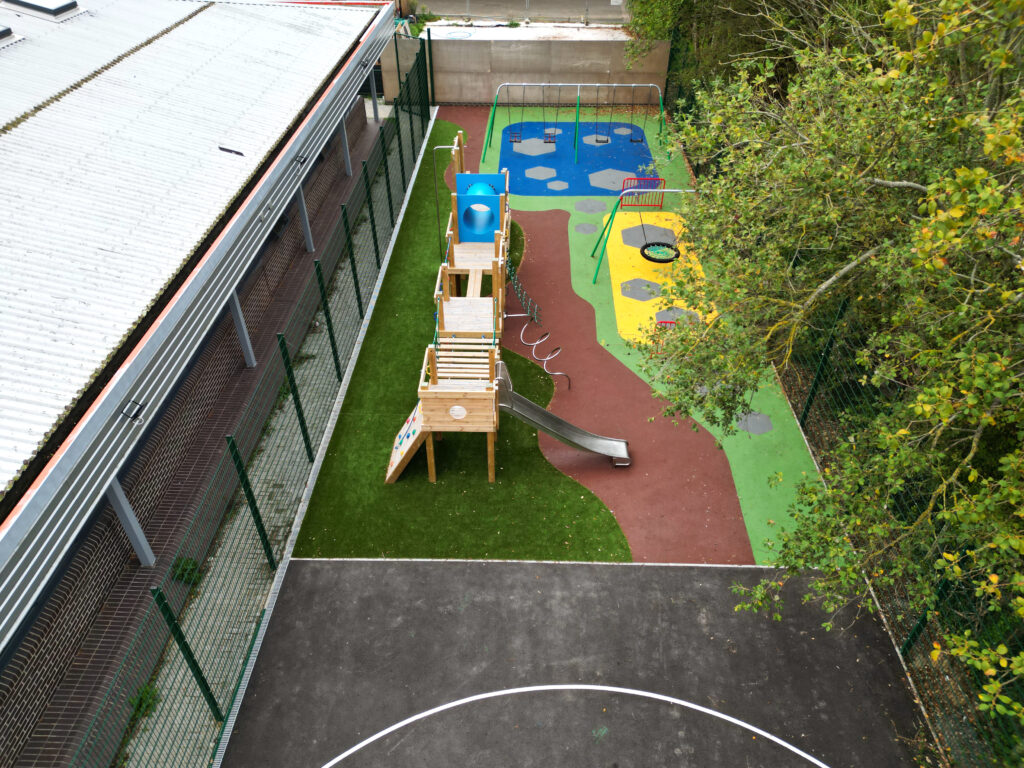







We Aim To Reply To All Enquiries With-in 24-Hours